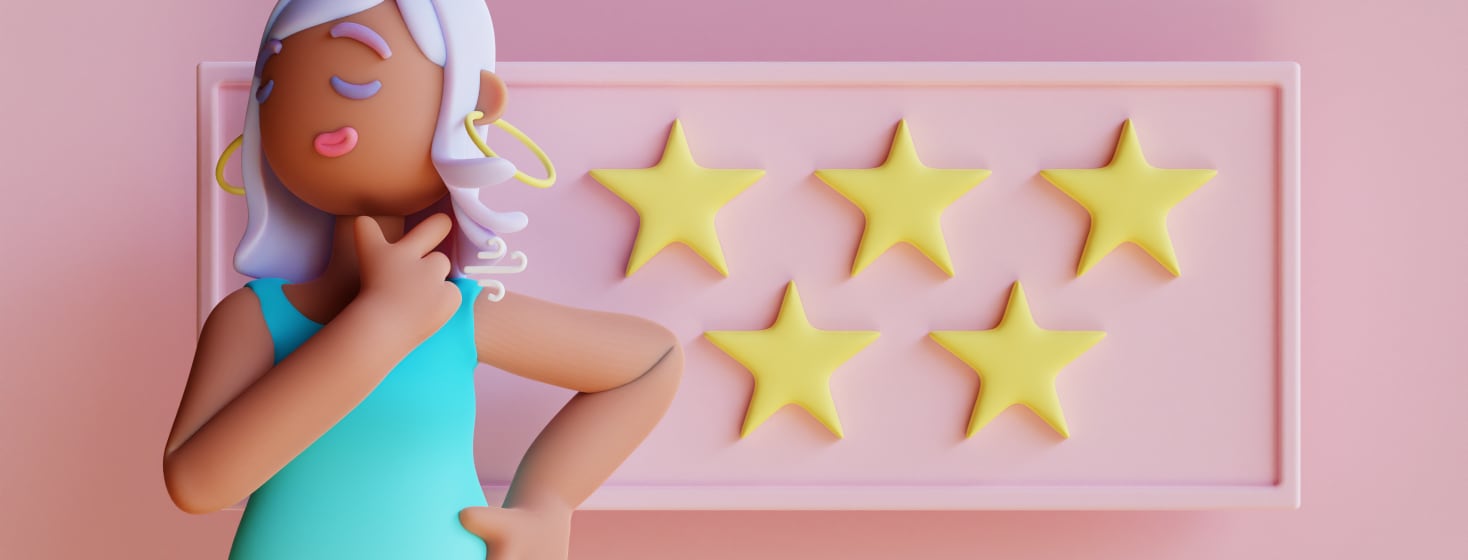Breast Cancer Women Rock: A Man’s Perspective
As we wrap up Women’s Health Awareness Month, it’s the perfect time to sing the praises of breast cancer women. Over the past eight years, as a male breast cancer patient, so many medical and lay women helped me, from diagnosis to treatment and beyond. When my general practitioner gave me the news that my biopsy revealed Inflammatory Breast Cancer, she had a team of experienced specialists lined up for me, all women.
Women cancer specialists
The first person I saw, a very experienced breast surgeon, could see at first glance that I needed neo-adjuvant chemotherapy to tame a very inflamed left breast before a much-needed mastectomy. She sent me to one of the best local oncologists who worked out a plan. Over 18 weeks, one day every three weeks, I underwent a regimen of three infusions of the FEC (Fluorouracil, Ellence, and Cytoxan) and three of Docetaxel.
Her advice to me was, "don’t have any preconceived notions about any stage of the treatment." This served me well, and I had a dream run, worry-free, through this important stage of treatment.
The surgery that followed was extensive because the cancer was in the chest wall behind the nipple, and included an axillary clearance which showed 2 out of 23 lymph nodes were tumorous. The surgeon was non-plussed when I asked if there was to be reconstruction. She explained that the lack of extra material found in the typical man makes it harder and actually inhibits her work to remove the affected tissue.
At a meeting with the radiation oncologist, she explained I would need 33 daily radiation treatments. I was told that this treatment was “insurance”, in that it was aimed at rounding up cancer cells in my skin and in the chest wall.
Advocates for breast cancer
Women predominate in breast cancer forums and social media, obviously, and without my many online friends, I’d have been talking to the moon. A community forum on BreastCancer.org was the first internet search result that came up for male breast cancer when I was almost totally devoid of information on diagnosis. There were a few men here to share experiences with. Given the genderless nature of treatments, the women's experiences helped me realize I was not alone during treatment.
While some Facebook groups were catering to men, very often guys were very reluctant to even come online for help and to relate their experiences because they were either embarrassed and/or feeling the stigma of them having a disease perceived as being exclusively female, they kept out of the limelight.
Whilst some posts were a wealth of information, others are just chatty. But chat is good when you feel like you are navigating a wilderness, and I pretty soon felt the virtual hugs from the many magnificent women.
Finding support in women
It was on Twitter that I found my real tribe. This no-frills medium was packed with useful information shared by both medical professionals and patients alike. Here, I found a deep camaraderie based on an exchange of information, answered questions, emotional support, and a plethora of links to sites that contained research that form the basis of my technical knowledge of breast cancer.
Generous with their time, super friendly, and a mine of information, breast cancer women rock. This Women's Health Month is the opportune time to thank them for their past and continuing support.

Join the conversation